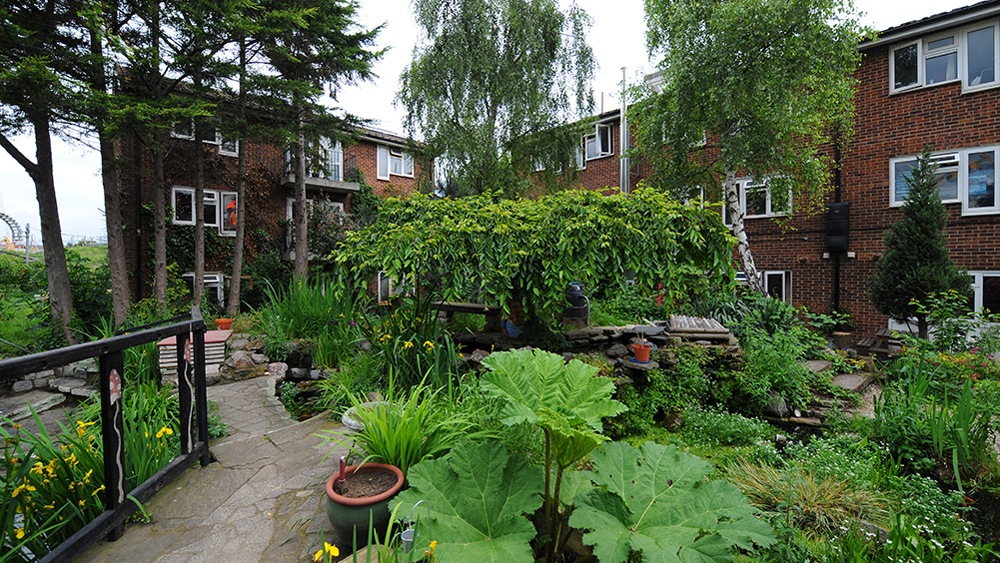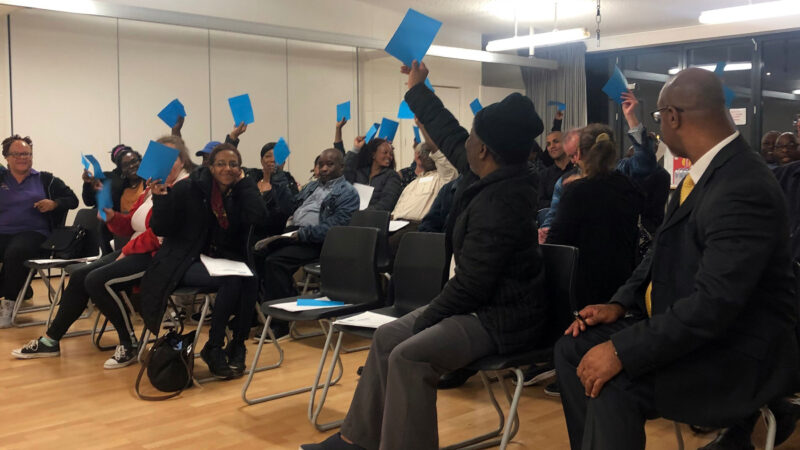Our director, Levent Kerimol considers what we mean by ‘community led’?
The recent National Planning Policy Framework consultation proposed a new definition for community led development, which got us thinking again about community led housing and what makes it unique.
We have previously looked at the CLH definition agreed by the sector and the GLA and government around 2017. However we have sometimes seen community led housing misunderstood as housing developed by community organisations.
We believe the role of residents and prospective residents in controlling their own housing is critical.
There are undoubtedly many great organisations doing great work, serving particular geographic or demographic communities. However, these may not be community led, even if their boards are made up of people who come from that particular community.
Arrangements where residents cannot control these organisations can perpetuate the same paternalistic landlord-tenant relationships that exist across affordable and private rented housing. This paternalism is even present to some extent with constrained consumers buying generic new-builds, without real control of what is provided. It is a mentality of charity bestowed unto beneficiaries, which can be disempowering, however well-intentioned.
Without a resident/community membership making decisions or controlling the organisation by electing the board or governing body, there is little difference to any other housing association, however large or small.
If people are happy with the way things are run, democratic control may not always be vigorously exercised, but simply having the ability to elect the board, or stand to be on the board, is empowering, and encourages behaviours that are more considerate to member wishes from those in leadership positions. Not all community led housing organisations are perfect. Democratic cultures need to be actively practiced and embodied so they are not lost, and there is a responsibility to share knowledge and information.
Sometimes residents are unfamiliar with this power and responsibility, and are cautious about embracing it in full. We believe this empowerment is also connected to the ‘sense of community’, which can exist in conventional housing, but is significantly reinforced when there are shared responsibilities and mutual obligations amongst a group of residents. This is most easily visible through the gardens in community led housing.
Direct democratic control and accountability is a key differentiator of community led housing, and should be available to (prospective) residents, even if others from the wider community are also members of the organisation.

